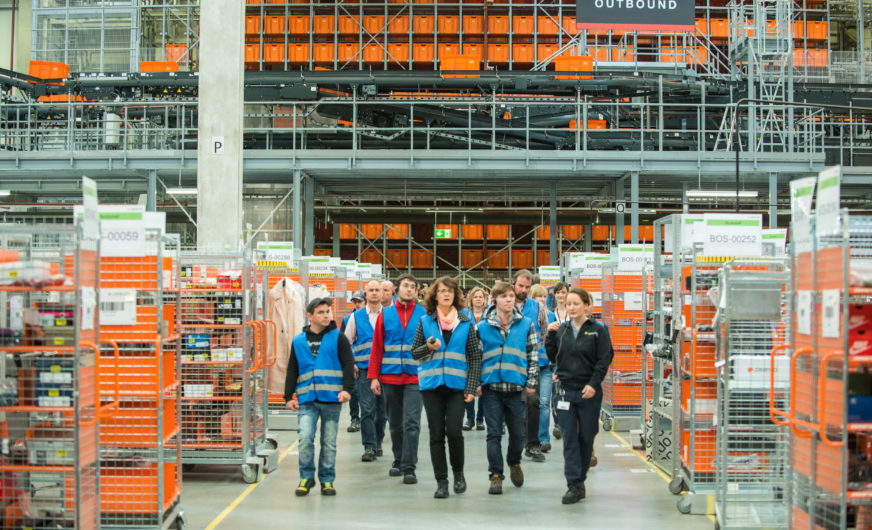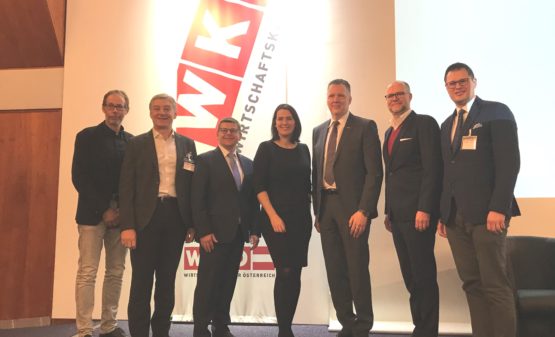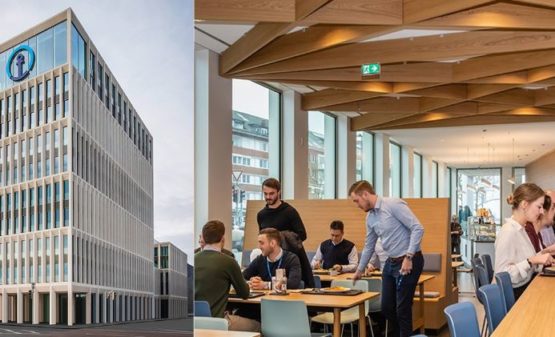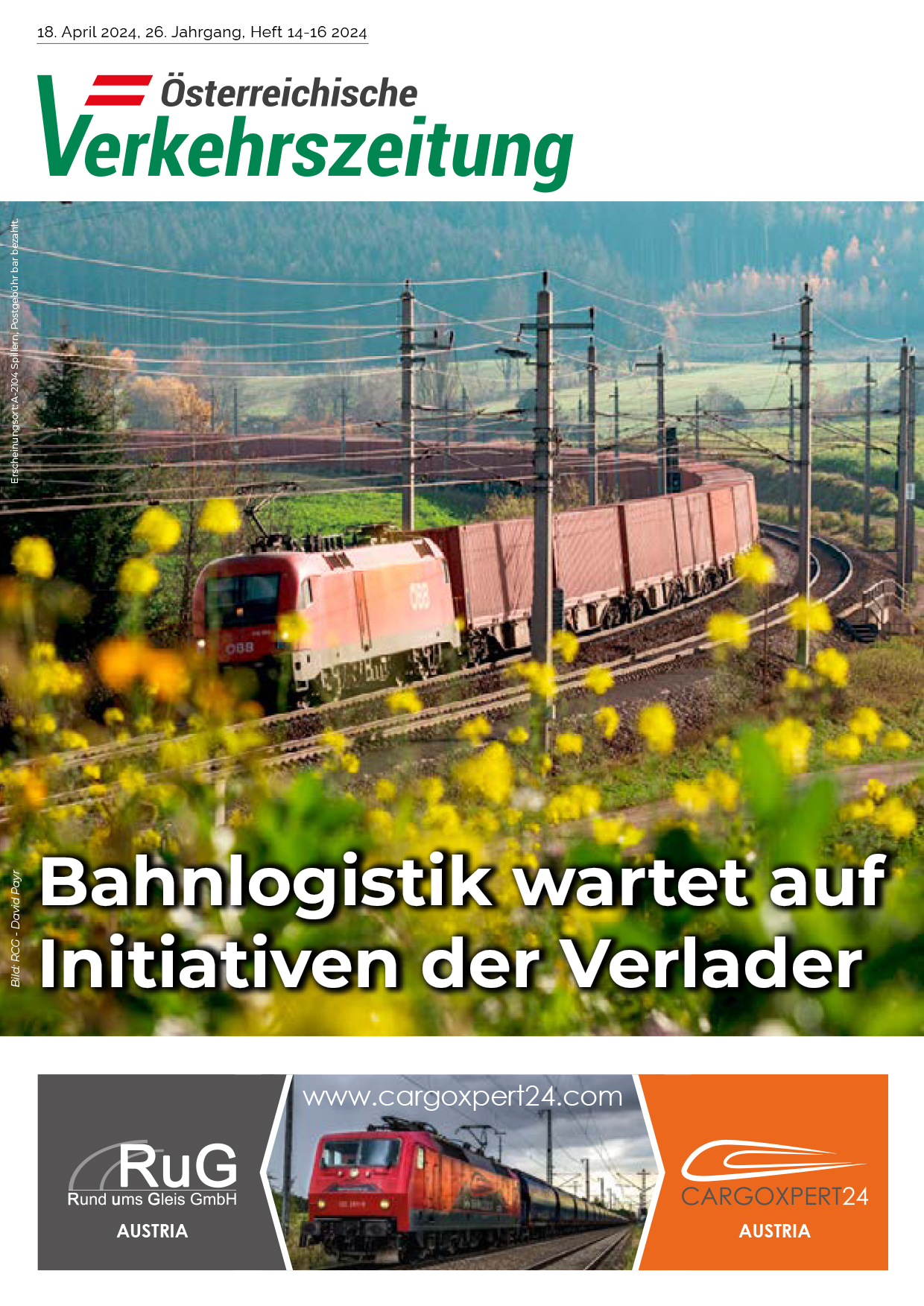The initiative named “Die Wirtschaftsmacher” will use the Logistics Day on April 11, 2019 to draw attention to the importance and diversity of logistics. On this German day of action, initiated inter alia by the Federal Logistics Association BVL, companies and organisations are called upon to provide a look behind the scenes of their processes and thus to increase visibility of the logistics industry.
The companies include Airbus, BMW, DB Cargo or VW, trading companies such as Edeka or Globus, logistics providers such as BLG, Loxxess or Meyer Logistik, software companies such as AEB or Siemens Digital Logistics, associations, Bundesvereinigung Logistik e.V.,the Federal Association of Parcel and Express Logistics BIEK, the German Association of Forwarding and Logistics DSLV, the German Transport Forum, the Association of the Automotive Industry VDA and other companies and supporting organisations from different areas.
Frauke Heistermann, spokeswoman of “Wirtschaftsmacher”, explains: “Logistics fulfills essential functions for the industry and society, it is full of dynamism and innovation and it is international. We would like to draw attention to this, in order to be adequately perceived in the competition for talents.”
After the automobile industry and trade with EUR 274 billion in turnover and 3.2 million employees, logistics is the third largest economic sector in Germany (2018, source: Bundesvereinigung Logistik, BVL). Around 80,000 service companies are operating in this sector, plus logistics in industry and commerce.
As never before, logistics is taking advantage of the opportunities of digitisation and automation as well as of the use of artificial intelligence and robotics. Digital platforms control the communication between manufacturers, freight forwarders and receivers of goods. Algorithms calculate the optimal transport routes and the route-optimised shelf spaces in the warehouse. Accompanying documents, customs documents and delivery documents are digitised. Robots assist in the individual compilation of goods for shipping. Drones help with stocktaking.
This also changes the demands on the employees. And they are still desperately wanted. Above all, truck drivers and warehousing staff are missing, as are IT developers or supply chain managers.
More than 200 apprenticeships cover the economic sector, more than almost any other: from the specialist for warehouse logistics to a merchant for freight forwarding and logistics services, from the aviation clerk to the dispatcher. Even for academics, logistics offers a variety of opportunities. At around 110 universities in Germany, logistics courses are offered, from business administration/logistics to logistics management and supply chain management.
Even for the unskilled and the low skilled, logistics offers jobs and development prospects. The DSLV (Federal Association of Forwarding and Logistics) lists more than 250 further education offers on its website. Thus, logistics is also an important partner of municipalities in the integration of refugees into the labor market. For many lateral entrants, a rapid ascent is possible, for example, from a warehouse employee to a team leader, shift supervisor or even site manager.









